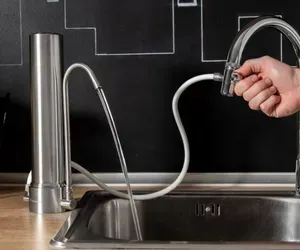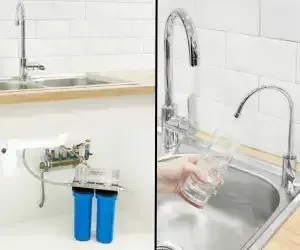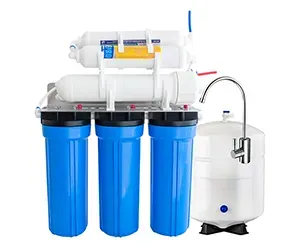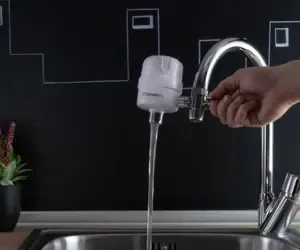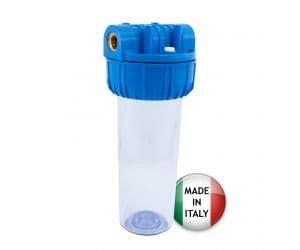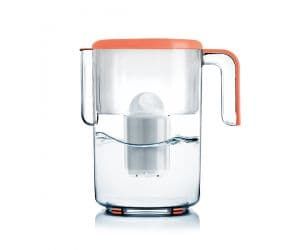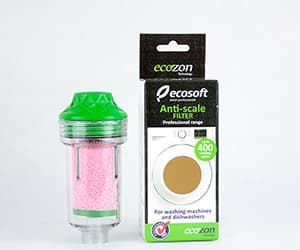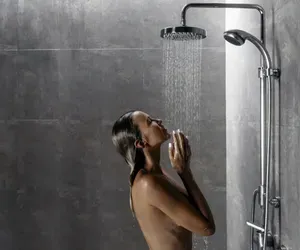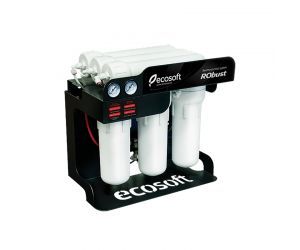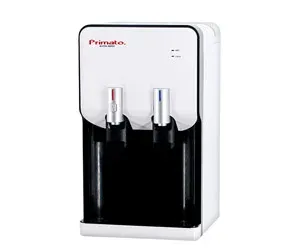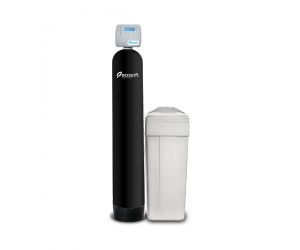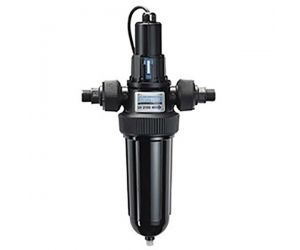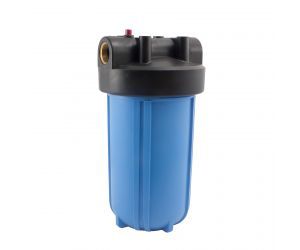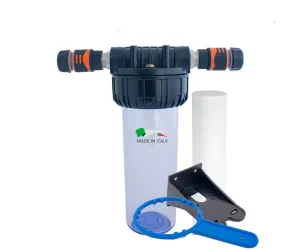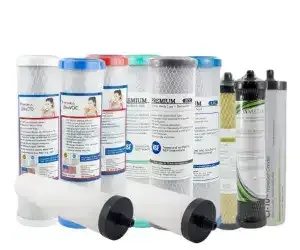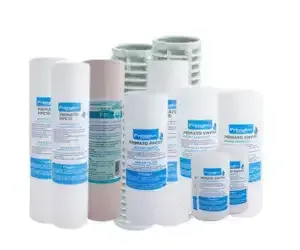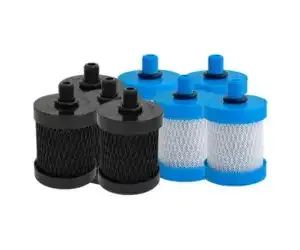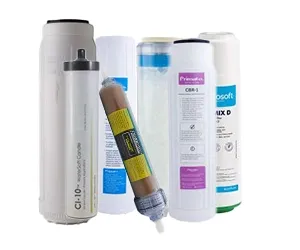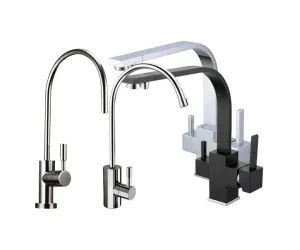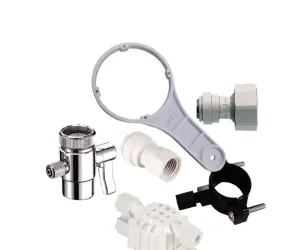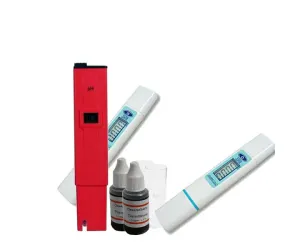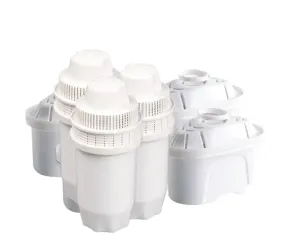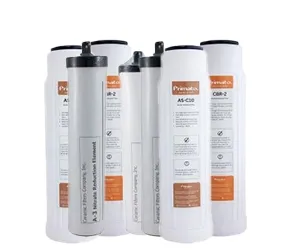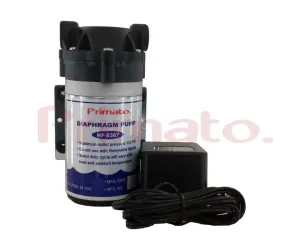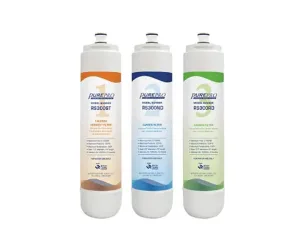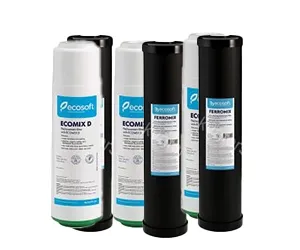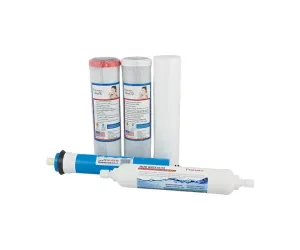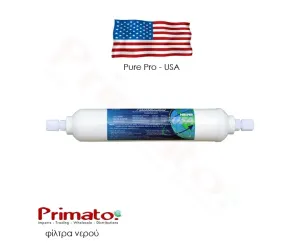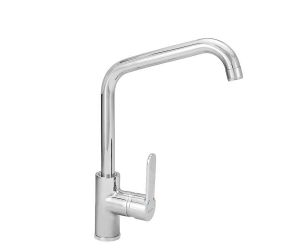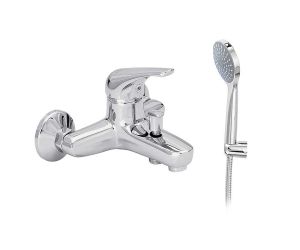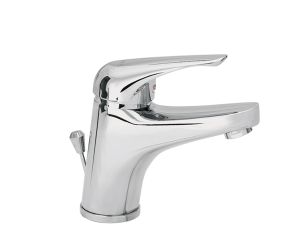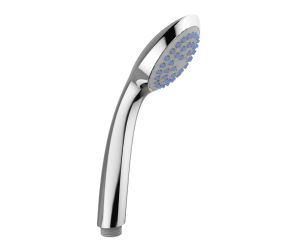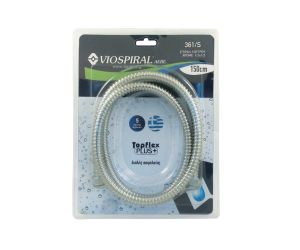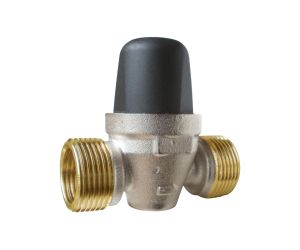Water, silly questions (Part 2)

We learned about when we are thirsty, what happens after all with the cold shower, we were shocked by the water that is eaten and yet we did not cover many questions. There are so many others and even more are raised every day, such as, why does the glass sweat, why does the water bubble when it comes out of the bottle since it does not contain carbonate? These and much more you will discover below.
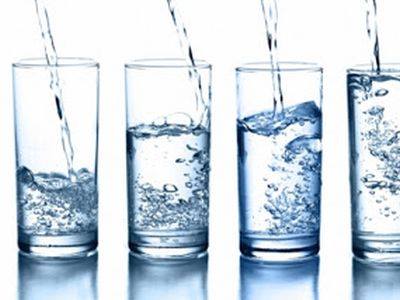
Let's start with the basics. Why does water make bubbles? It is a reasonable question we may all have had, but no one bothered to ask why because we find it a bit "stupid". As silly as it may seem, it is just the opposite. We all know that an airtight bottle has vacuum inside, and when we open it, the air enters with pressure. This is because the air has pressure and because of this, it tends to fill the gap. The bubbles in the water are also created due to this phenomenon. More simply, when we tilt a bottle to pour water in a glass, water comes out from half of the mouth and from the other half air enters. In this way, a vacuum is created inside, while the outside air, due to the pressure it has, tends to penetrate in order to fill it. When water comes out from the whole of the mouth again, then bubbles form, as air enters it again. Every time air enters the bottle, it causes a disturbance in the water, thus creating this phenomenon.
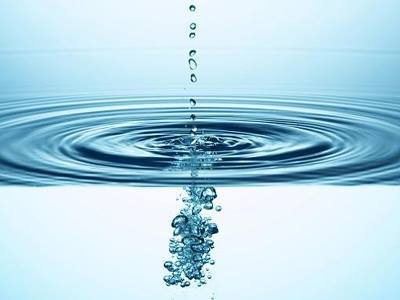
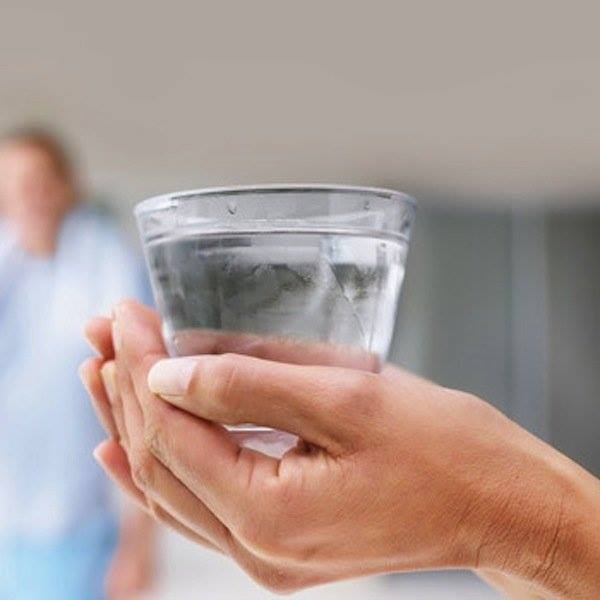
Recent posts
- Larissa Water Filters Store
- Well Water in Greece: What’s Really in It and How to Make It Safe
- NanoMetix 10" 0.01μm Water Filter | Advanced Nanofiltration Against PFAS & Microplastics
- The Future of Water: How Primato Filters are Pioneering New Standards in Water Safety
- Primato's Journey at Aquatech Amsterdam: Building Bridges and Expanding Horizons
- The Journey of Water: From Source to Tap - Understanding the Filtration Process
- What are three way water filter taps?
- Shower water filters
- Commercial water filters for hotels, restaurants and cafes
- The reason why more and more people prefer undercounter water filters
- Zeolites in water treatment
- The water supply network of Athens
- The whole truth about water filters
- Russian water filters with aragonite - Purchase guide
- Choosing and buying a countertop water filter
- I live in Athens. Do I need a water filter?
- Water Filter Prices: Full Guide
- Does filtered water help with allergies?
- 10+ reasons to add more water to your lifestyle!
- Zeolite: A natural mineral in the service of water filtration
- Thessaloniki Water: From the source to the glass
- Meet the Greek Water Filters Manufactured in Thessaloniki
- Water Filters with Zeolites
- Turning a coconut into activated carbon
- Thessaloniki: Which Are The Best Water Filters?
- Tap water in Greece: Is it safe? The problems and the solutions
- How to Choose the Right Replacement Filter
- Ultra filtration and Hollow Fiber Membranes explained
- How hard is water in Thessaloniki?
- Whole house water filter cartridges - How to choose the right one!
- Countertop water filters - What to look for before I buy
- Do I need a water filter if I live in Athens?
- Everything you need to know about tap water filters
- Under-sink water filters - Everything you need to know
- Reverse Osmosis - What is it and how it works
- World Water Day - 22 March
- Primato goes sailing!
- What is the activated carbon found in our water filters?
- What are water filters?
- Reverse Osmosis - Perfect for islands, drilling water and aquariums

George Margiolos
George Margiolos was born in Thessaloniki and has graduated from the Department of Marketing of the Alexandreio Technological Educational Institute of Thessaloniki. He is fluent in English and (not so fluent) in German.
Ηe has been Project Manager at Avery Dennison - Fastener Division in the UK. There, his main project was to redesign the company's products into new applications so as to become more environmentally friendly. In combination with the fact that in the UK people are more familiar with water filters, he has developed a love for environmentally friendly water filters, which reduce the use of plastic bottles and improving people's quality of life.
Since 2008, he has published over 300 unique educational and informative articles on water filters and new water treatment technologies.
Occasionally, universities and doctoral students request to use George Margiolos' articles in their research because of their quality and uniqueness.
